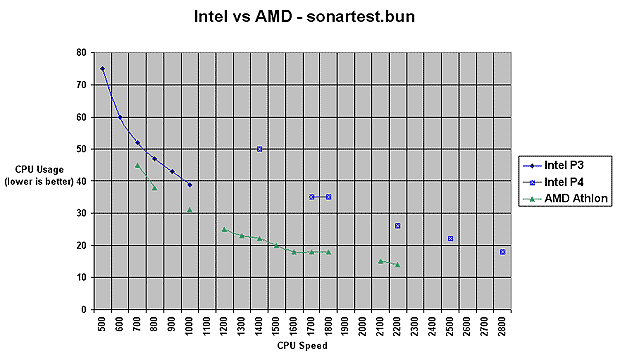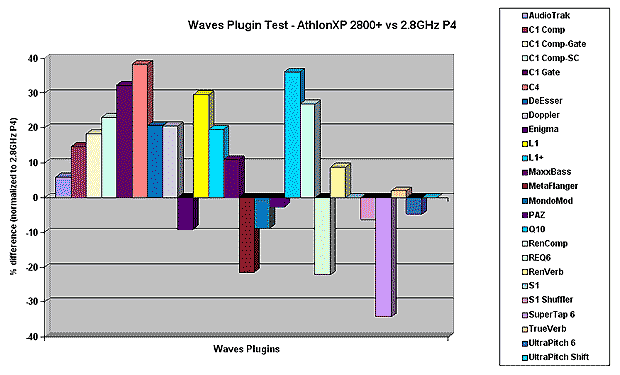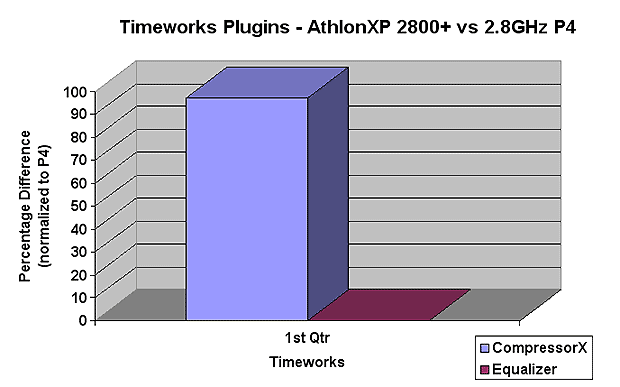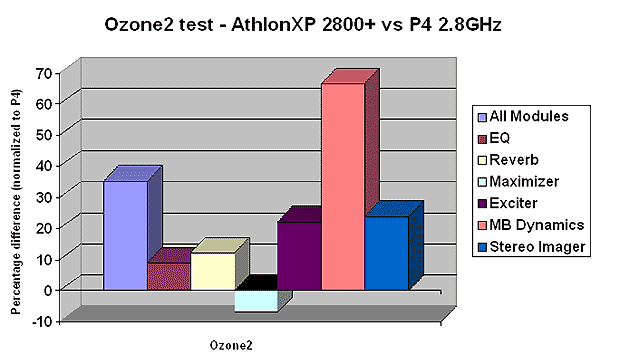LiquidDAW FAQ
1) Why choose a LiquidDAW or MobileDAW system over a non-specialized PC?
Digital Audio
Workstations that do their audio processing natively (on the host CPU) have come
a long way in a very short period of time. A lot more responsibility is being
shifted to the DAW and away from outboard gear.
With that in mind, system performance and reliability in relation to the
manipulation of audio and video material has become ultra-important. The
vast variety of audio, video, and PC hardware available can make it
difficult to choose the right combination of components.
My systems are based on the culmination of years of experience building and
utilizing specialized digital audio workstations, as well as years of
experience as a professional recording engineer.
2) Why are there no Intel processor-based systems in your line-up?
The vast
majority of what your CPU does when working with audio is process audio plugins
and soft-synths. In nearly every case, these processes use raw floating point
math in their execution.
The Intel Pentium3 and AMD Athlon are both strong in
this department. However, Intel has shifted focus to the Pentium4 processor,
which doesn't handle raw floating point well at the present time. In that shift
of focus, Intel has stopped moving the Pentium3 line forward, and the AMD Athlon
has all but taken over when it comes to this kind of math.
AMD's Athlon64 adds the additional benefit of an integrated memory controller (one for each CPU in the system). This greatly increases performance at the lowest audio latencies.
The latest high-frequency Pentium4 CPUs also generate quite a bit of heat, making it more difficult to build quiet systems with these processors. On the other hand, a 2.4GHz Athlon64 with a well designed heatsink installed can operate with 100% reliability with its CPU fan running at under 1000rpm, making for an extremely quiet audio workstation.
Computer technology changes at a blindingly fast pace. I make it my business to keep myself 100% on top of what will perform the best and the most reliably at any given time. When and if Intel offers the superior DAW CPU, our product line will change to reflect that.

Note: When reading the graphs below, any bars extending above zero indicate the Athlon being faster and by how much. Any bars extending below zero indicate the Pentium4 being faster.


